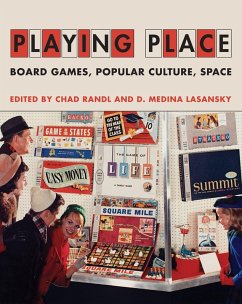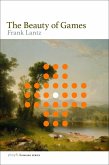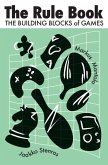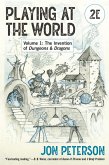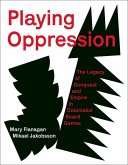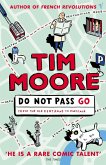An essay collection exploring the board game's relationship to the built environment, revealing the unexpected ways that play reflects perceptions of space. Board games harness the creation of entirely new worlds. From the medieval warlord to the modern urban planner, players are permitted to inhabit a staggering variety of roles and are prompted to incorporate preexisting notions of placemaking into their decisions. To what extent do board games represent the social context of their production? How might they reinforce or subvert normative ideas of community and fulfillment? In Playing Place, Chad Randl and D. Medina Lasansky have curated a collection of thirty-seven fascinating essays, supplemented by a rich trove of photo illustrations, that unpack these questions with breadth and care. Although board games are often recreational objects, their mythologies and infrastructure do not exist in a vacuum-rather, they echo and reproduce prevalent cultural landscapes. This thesis forms the throughline of pieces reflecting on subjects as diverse as the rigidly gendered fantasies of classic mass-market games; the imperial convictions embedded in games that position player-protagonists as conquerors establishing dominion over their "discoveries"; and even the uncanny prescience of games that have players responding to a global pandemic. Representing a thrilling convergence of historiography, architectural history, and media studies scholarship, Playing Place suggests not only that tabletop games should be taken seriously but also that the medium itself is uniquely capable of facilitating our critical consideration of structures that are often taken for granted.
Dieser Download kann aus rechtlichen Gründen nur mit Rechnungsadresse in A, B, BG, CY, CZ, D, DK, EW, E, FIN, F, GR, HR, H, IRL, I, LT, L, LR, M, NL, PL, P, R, S, SLO, SK ausgeliefert werden.

